Table of contents
GUEST BLOG: Dr. Wassem
Pregnancy is an amazing and often overwhelming experience. During this time, it is essential for expecting mothers to take extra care of their bodies and minds. With the right health care tips, pregnant women can ensure they have a healthy and enjoyable pregnancy.
From eating a balanced diet and exercising regularly to getting enough rest and finding ways to manage stress, there are key health care tips every pregnant woman should know because being healthy should be her priority while pregnant as being overweight can lead to gestational diabetes as well. By taking the time to understand and incorporate these tips into her daily life, an expecting mom can ensure the best possible outcome for both her and her unborn baby.
Eating a balanced diet during pregnancy
When you’re pregnant, you are supplying your growing baby with all the nutrients he or she needs to grow and develop. This means that the nutrients you take in must be sufficient enough to cover both of you.
It is important, then, that you eat a balanced diet that is rich in nutrients. An easy way to accomplish this is by eating a variety of foods from all four food groups. Here are some tips for eating a balanced diet during pregnancy:
- Make sure that you’re eating enough calories. You can follow a healthy diet plan which can fulfill all your requirements. This is important for your overall health and for your baby’s development. An extra 160 calories a day will help you meet your increased nutritional needs.
- Eat plenty of protein. You need about 50 grams per day, compared to the recommended daily amount for non-pregnant women of 46 grams. Protein can be found in foods like eggs, chicken, fish, beans, and dairy products. Try to eat a variety of protein sources, as each has its own set of essential nutrients.
- Include a variety of fruits, vegetables, and whole grains. These are packed with essential nutrients that your body and your baby need. Choose fresh, unprocessed foods whenever possible.
- Make sure you get enough vitamins and minerals. Some of the most important vitamins and minerals during pregnancy include folic acid, iron, calcium, vitamin B-12, vitamins C and E, potassium, and zinc.
- Be mindful of sodium intake. While you still need sodium to stay healthy, you should try to consume less sodium than normal, as it can increase your risk of high blood pressure. During pregnancy, your body already faces an increased risk of high blood pressure, so you should reduce your intake of sodium as much as possible.
Exercising regularly
While you may feel great during your first trimester and want to exercise regularly, it is important to be mindful of your body during your second and third trimesters. This is because your body undergoes significant changes during pregnancy, including a change in posture, a redistribution of weight, and a rise in core body temperature.
During your first trimester, it is best to stick to low-impact activities like walking or swimming, as your joints may be more sensitive. During your second trimester, you can increase your activity level, but you should be mindful of your posture, be careful not to overheat, and avoid activities that require a lot of twisting, such as tennis and racquetball. During your third trimester, it is important to avoid high-impact activities, as they can lead to premature labor.
Taking prenatal vitamins
When you’re pregnant, your body undergoes many important and natural changes. While most of these are good and necessary, one change you would like to avoid is vitamin deficiency. A vitamin deficiency can lead to health issues not only for you, but also for your growing baby.
Luckily, there are prenatal vitamins, which are specially formulated to meet the increased nutritional needs of pregnant women. You can expect to get a wide variety of vitamins and minerals from your prenatal vitamin, including folic acid, iron, calcium, vitamin B-12, vitamins C and E, potassium, and zinc.
Prenatal vitamins can also help reduce your risk of certain pregnancy-related conditions, such as neural tube defects, gestational diabetes, and pre-eclampsia.
Getting enough rest
You will likely feel tired during your pregnancy, but you also need to make sure you are getting enough rest. This is important for reducing exhaustion and feeling energized throughout your day.
While you don’t need to sleep as much as when you were a baby, it is recommended that pregnant women get around 8 hours of sleep every night. Getting enough sleep is important for your overall health and well-being, but it is especially important during pregnancy. Sleep is necessary for hormone regulation, which is especially important during pregnancy.
Managing stress
Even though pregnancy is a joyful and exciting time, many expecting moms experience stress. This is normal and okay, but it is important to learn methods for managing stress in a healthy way. Avoiding stress is not an option.
You will still face challenges and frustrations, and there is no way to completely avoid stress. However, you can learn to better manage stress through regular exercise, getting enough sleep, and finding time for things you enjoy.
Staying hydrated
During pregnancy, your body experiences significant changes, including a rise in blood volume that makes you more prone to dehydration. This is especially true when you are experiencing excessive nausea and vomiting, both of which can lead to dehydration. During pregnancy, pregnant women should drink 16 cups of water each day.
It is important to be mindful of the fact that caffeine and alcohol are diuretics that increase the need to urinate, which can lead to dehydration. While water is the best choice for staying hydrated, you should avoid drinking too much iced water, since this can increase your risk of developing hyponatremia, which occurs when your blood sodium levels fall below normal.
Avoiding exposure to toxins
It is common for expecting mothers to want to try new products like fragrances, beauty and cleaning products, and even candles. It is important to be mindful of what you are exposing your body and your baby to, however, and take steps to avoid exposure to toxins whenever possible.
- Avoid fragrances. While you may love candles, scented body products, and other fragrances, they can be harmful during pregnancy. It is best to avoid scented products while pregnant, as they can be dangerous to you and your baby’s health.
- Avoid cleaning products with harsh chemicals. Chemicals found in many cleaning products can be dangerous during pregnancy, and they can even affect your unborn baby. Be sure to read the labels of any cleaning products you use to make sure they are safe.
- Avoid caffeine. Although it may seem like something you should avoid during pregnancy, caffeine is actually found in many products and foods. You may want to avoid caffeinated drinks, but you also want to check the labels on food and other products to make sure you are not getting too much caffeine.
Connecting with other expecting moms
If you’re in a situation where you don’t know many or any other expecting mothers, you can find solace online. There are many online communities for pregnant women, including Facebook groups and online forums. These communities provide expecting moms the opportunity to share their experiences with others who are going through similar experiences.
Not only do these communities provide expecting moms with a safe space to ask questions and express their thoughts and feelings, they also allow them to establish relationships and connections they can rely on and turn to during pregnancy and beyond.
Consulting with your healthcare provider
When you’re pregnant, you will likely visit your health care provider regularly. This is important to ensure that your growing baby is receiving the proper amount of nutrition and that your body is developing as it should.
While you should make sure to take advantage of all the health care tips and advice offered to you during your visits, you should also be sure to ask questions and be proactive in your care. In addition to asking questions, it is also important to document your experiences during your pregnancy. Not only does this help you to remember, but it can also be helpful to your future self and can help you to know what to expect next time.
Knowing when to seek medical attention
Even though pregnancy is a very natural process, it is a complicated one. If you notice any changes in your body, it is important to consult with your health care provider. Some signs and symptoms that may indicate the need for medical attention include:
- Increased swelling – especially in your face and hands
- Sudden and unexplained weight gain especially over two pounds per week
- Continuous nausea and vomiting Unusual or significant changes in your vaginal discharge
- Extreme fatigue and muscle pain
- Frequent headaches
- Longer and heavier than normal menstrual flow
- Unusual swelling in your abdomen.



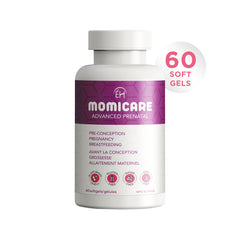
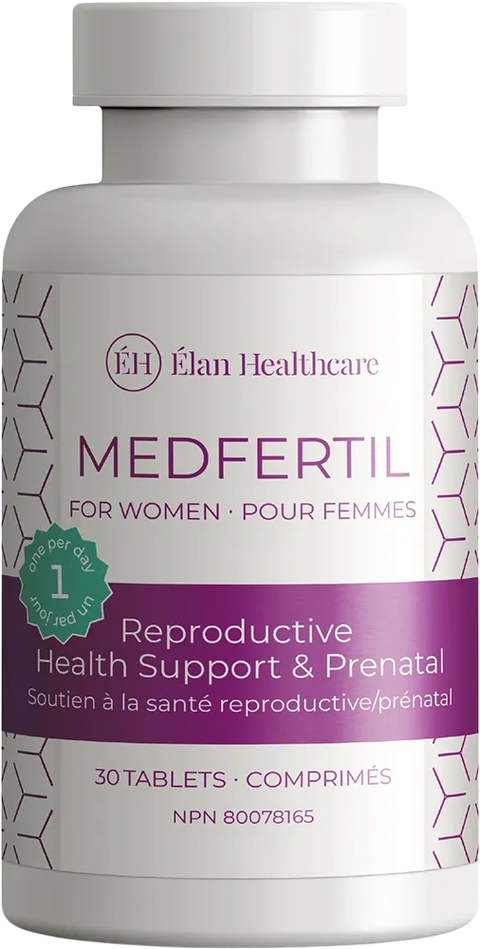
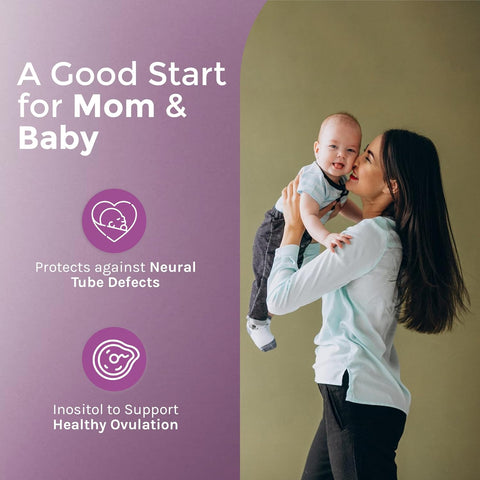
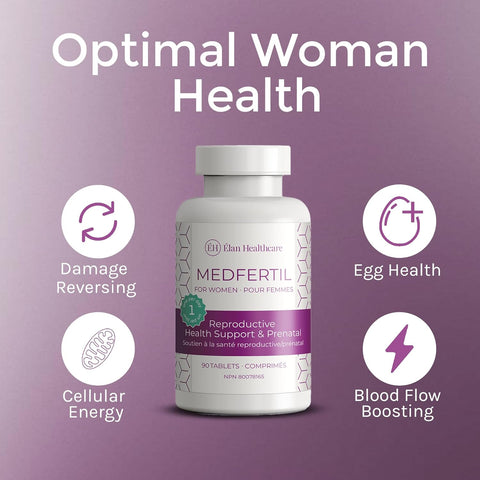
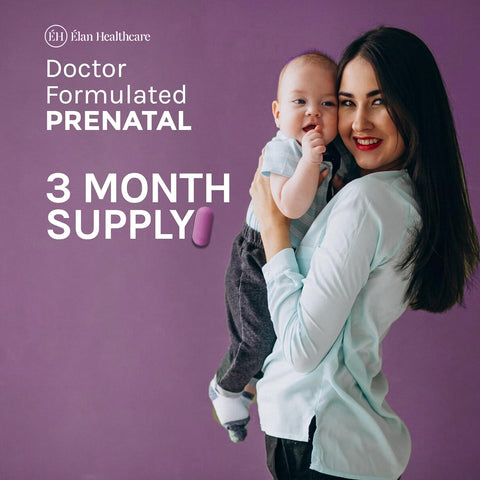
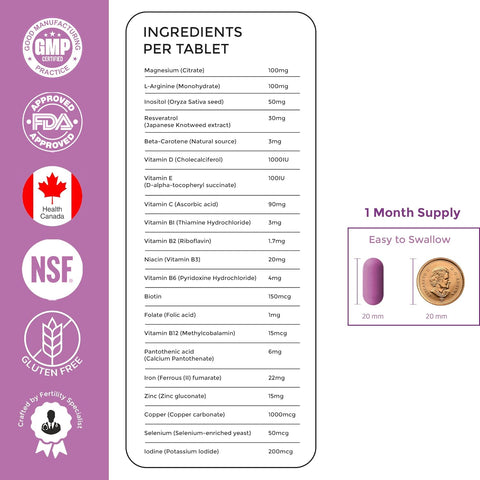
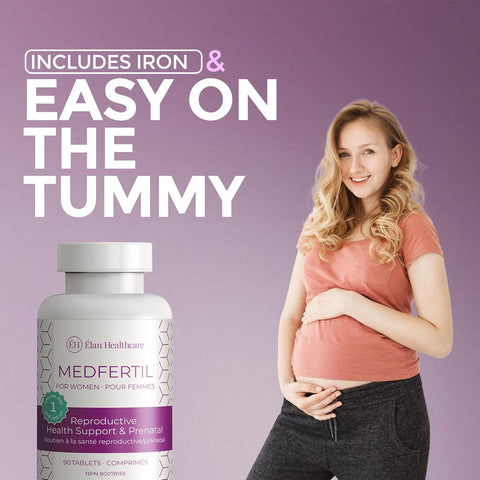
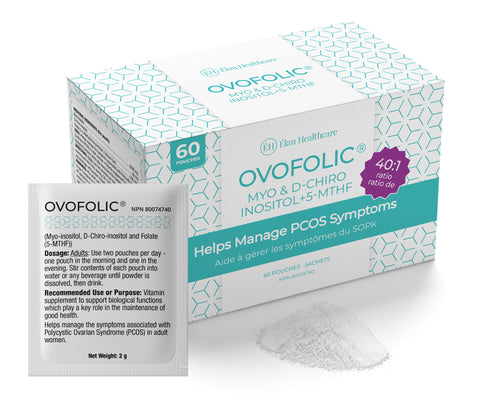
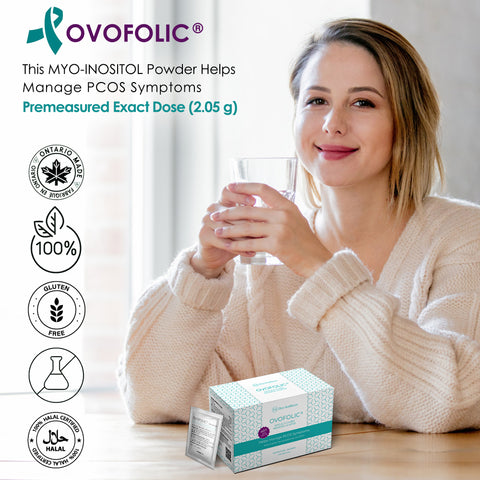
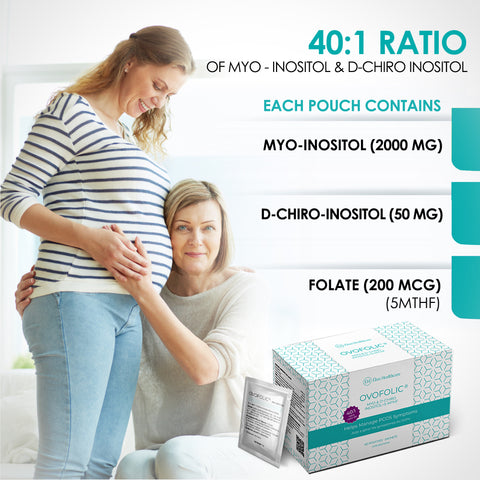
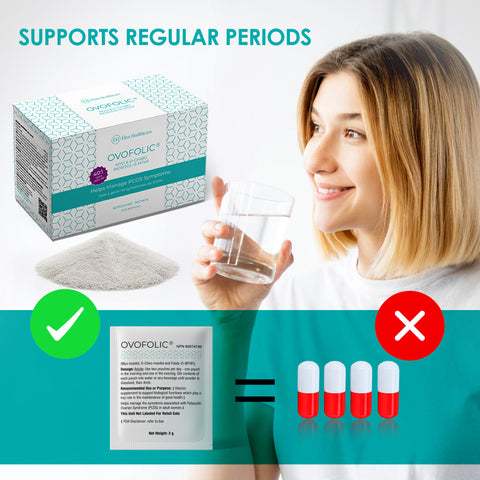
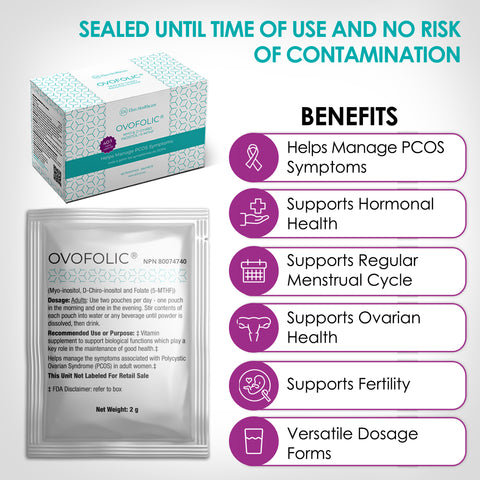
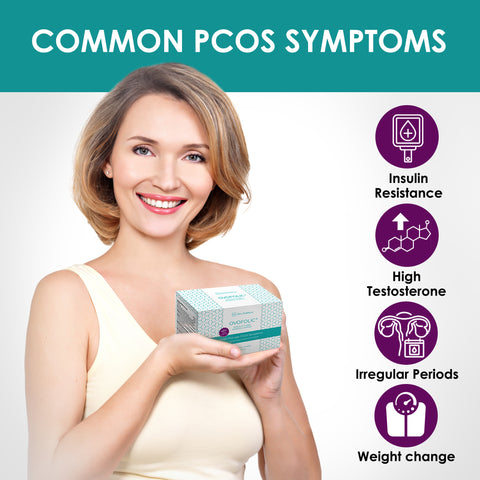
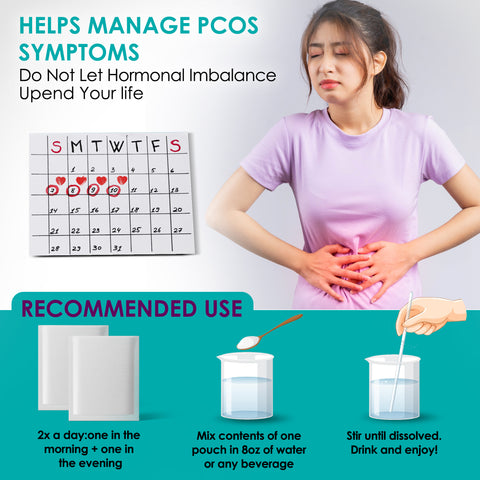
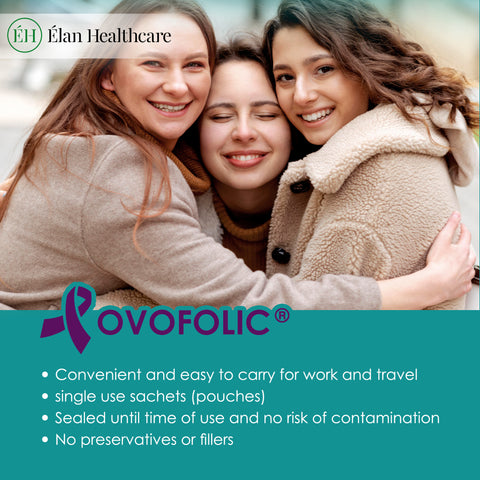
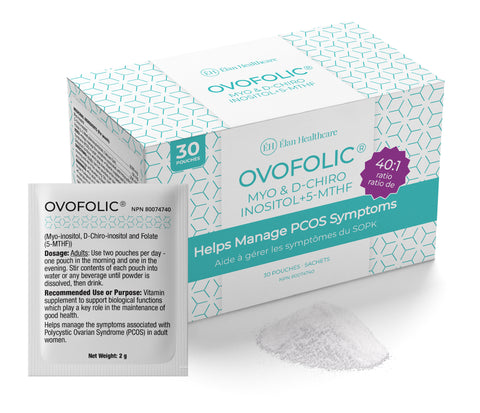
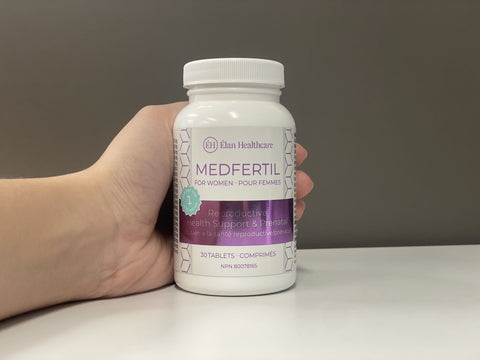

No comments yet.
There are no comments for this article. Be the first one to leave a message!
+ Open to leave a Comment